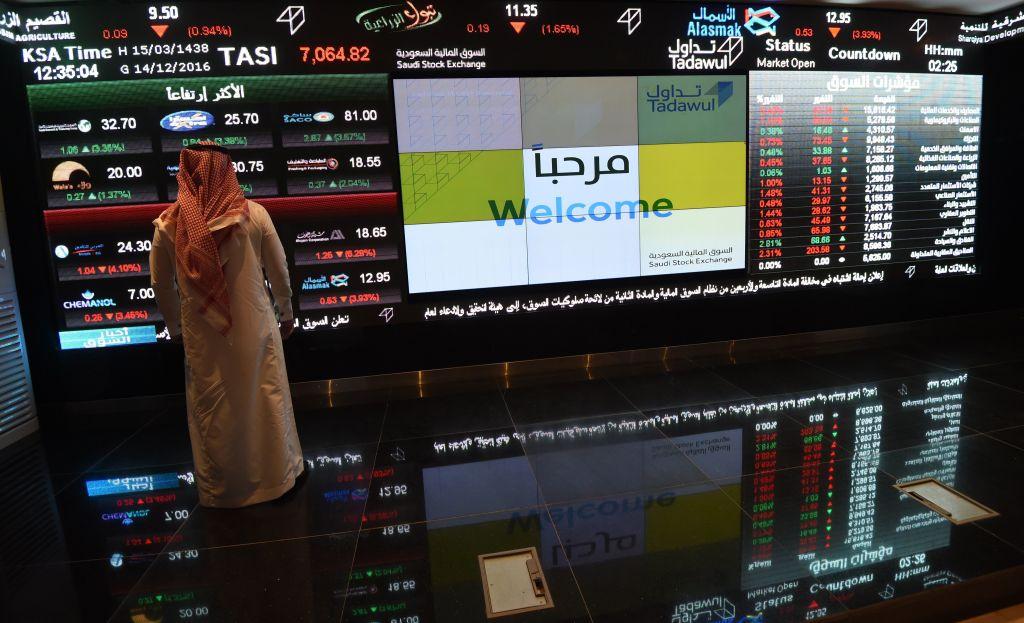DUBAI—Foreigners sold a net 4.01 billion riyals ($1.07 billion) in Saudi stocks in the week ending Oct. 18, exchange data showed on Oct. 21—one of the biggest selloffs since the market opened to direct foreign buying in mid-2015.
The selloff came during a week when investors were rattled by Saudi Arabia’s deteriorating relations with foreign governments following the disappearance of journalist Jamal Khashoggi. Riyadh said on Oct. 20 that Khashoggi died in a fight inside its Istanbul consulate.





